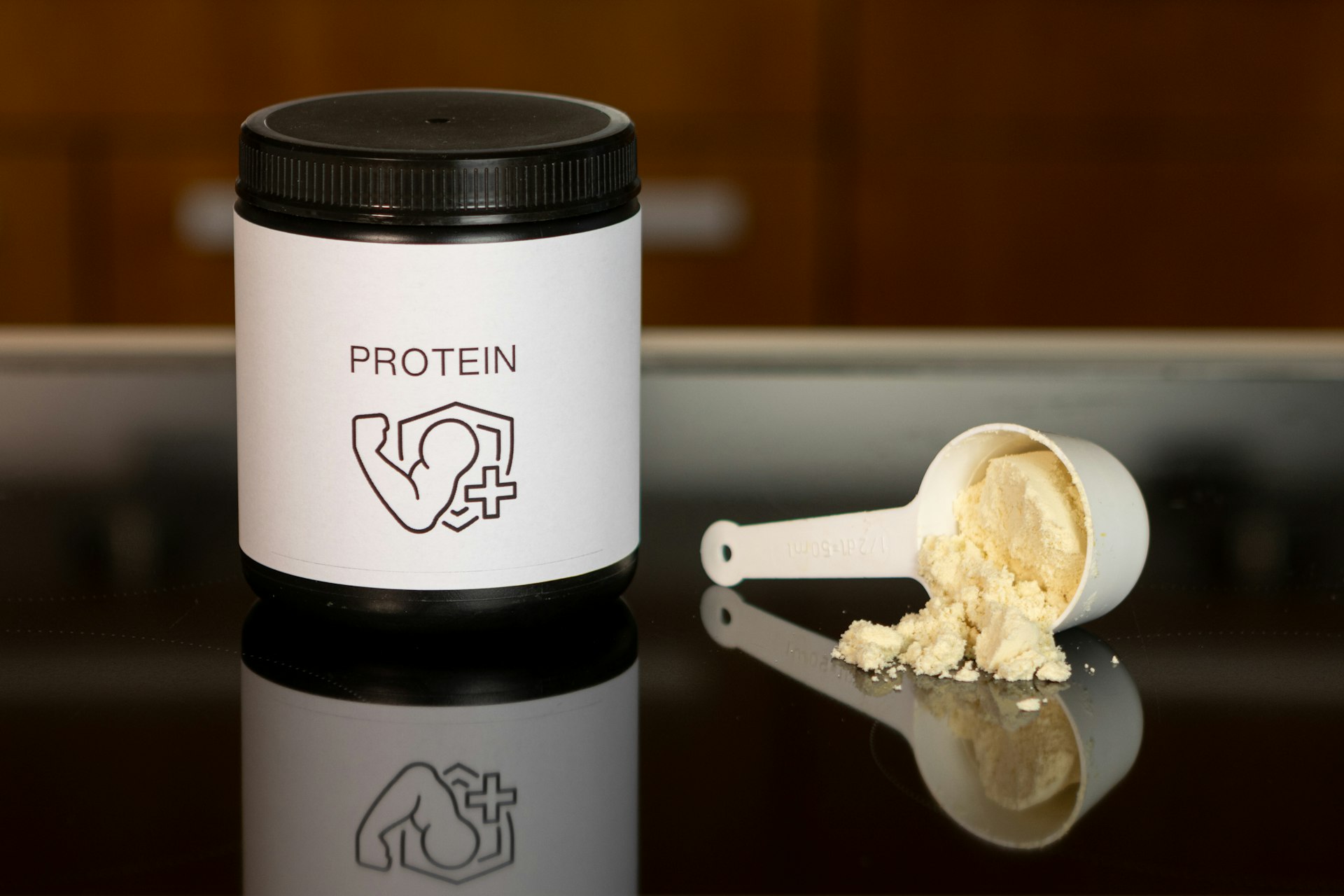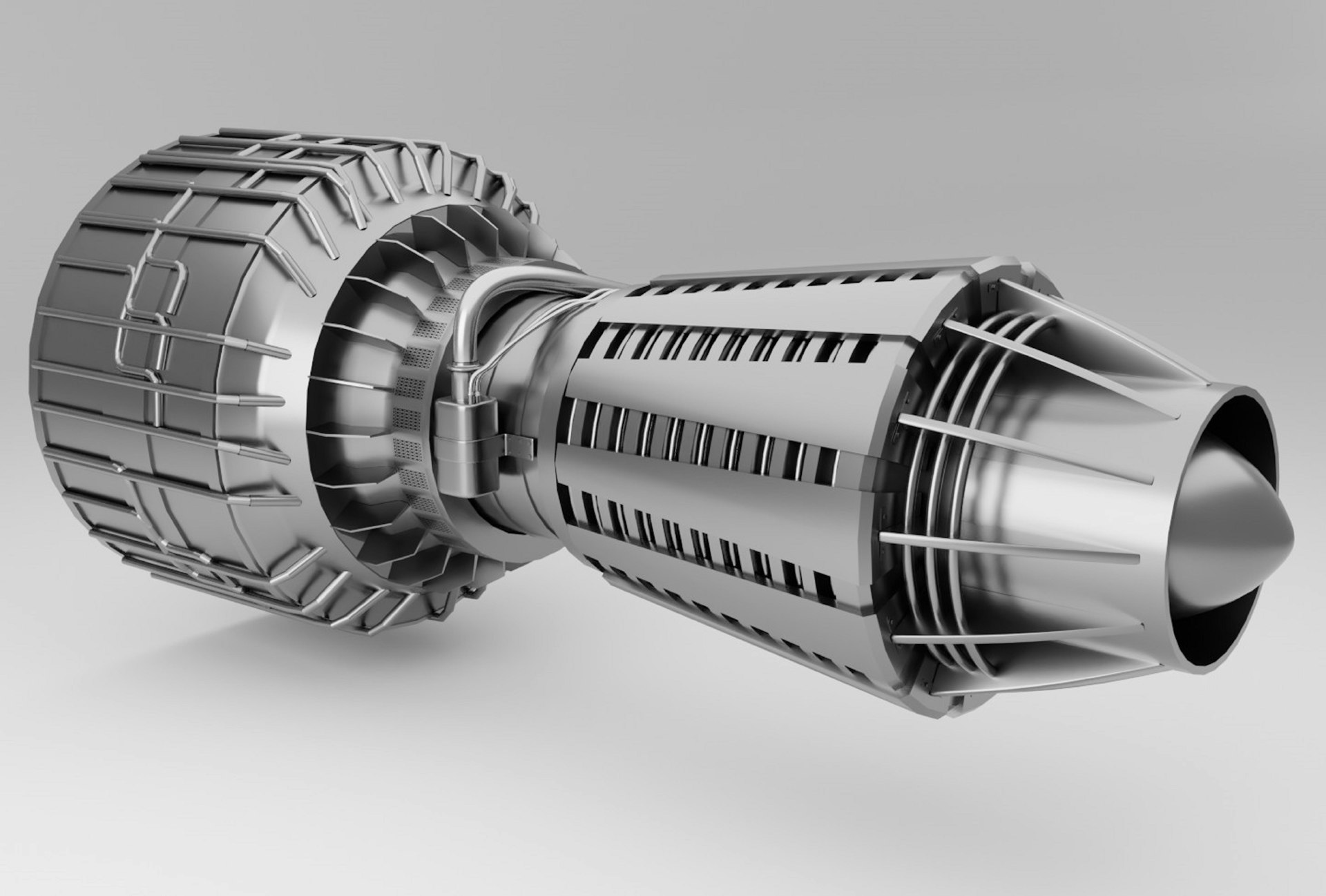Comprehensive Nutrition Strategies to Maximize Athletic Performance

Photo by Jadon Johnson on Unsplash
Introduction: The Power of Nutrition in Athletic Performance
Optimal nutrition is a cornerstone of sustained athletic success. Whether you’re training for endurance, strength, or team sports, your diet directly impacts energy, recovery, and performance outcomes. Scientific research and expert consensus show that a targeted approach to nutrition-one that considers timing, composition, and individual needs-can significantly enhance how athletes train, compete, and recover [3] .
1. Carbohydrates: The Primary Fuel Source
Carbohydrates are the body’s preferred energy source, especially for intense and endurance-oriented activities. Consuming sufficient carbohydrates before, during, and after exercise helps maintain glycogen stores, delay fatigue, and support high-intensity output. Pre-competition or training snacks should include simple, easily digested carbohydrates-such as fruit, crackers, or gels-to provide quick energy without causing digestive distress [1] . For sustained energy, athletes should also incorporate complex carbohydrates like whole grain bread, oatmeal, brown rice, and quinoa into their daily meals [2] .
Implementation: Aim to eat a carbohydrate-rich snack 30-60 minutes before activity. For longer events, periodic carbohydrate intake (via sports drinks, gels, or fruit) may help maintain performance. Adjust carbohydrate quantities depending on activity intensity and duration.
Example: A cross-country runner may start the day with oatmeal and fruit, snack on a banana pre-run, and refuel with rice and lean protein after training.
Common Challenge: Some athletes, especially in aesthetic or weight-sensitive sports, may under-consume carbohydrates, leading to early fatigue and underperformance. Monitoring energy levels and adjusting intake accordingly can address this issue [5] .
2. Protein: Muscle Repair and Recovery
Protein supports muscle repair, adaptation, and growth. It’s crucial to distribute protein intake evenly throughout the day, not just after workouts. Sources include lean meats, poultry, fish, eggs, dairy, tofu, lentils, and beans [2] . Post-exercise, combining protein with carbohydrates accelerates recovery and optimizes glycogen replenishment [3] .
Step-by-Step Guidance:
- Plan meals to include 15-30 grams of protein every 3-4 hours.
- Consume a protein-rich snack (such as chocolate milk, Greek yogurt, or a peanut butter sandwich) within 30-60 minutes post-exercise.
- For plant-based athletes, combine complementary proteins (e.g., beans and rice) to ensure adequate amino acid intake.
Potential Challenge: Athletes with dietary restrictions (such as vegetarian or gluten-free diets) must be vigilant about protein quality and variety.
3. Fats: Sustained Energy and Hormonal Health
Healthy fats, including those from salmon, tuna, eggs, nuts, seeds, and avocados, provide long-term energy and support hormonal and cognitive function [2] . While carbohydrates are the primary fuel for high-intensity efforts, fats play a larger role in lower-intensity, longer-duration exercise and daily metabolic health.
Implementation Steps:
- Incorporate sources of unsaturated fats (olive oil, nuts, fatty fish) in main meals.
- Limit saturated fat intake from processed foods and fried snacks.
- Monitor fat intake to ensure it complements, rather than replaces, adequate carbohydrate and protein consumption.
Alternative Approaches: Athletes with specific metabolic or health concerns should consult a registered dietitian for tailored advice.
4. Hydration: The Forgotten Performance Booster
Dehydration impairs both physical and cognitive performance. Athletes must prioritize regular fluid intake, starting the day hydrated and replenishing losses during and after activity. Water is sufficient for most training sessions, but prolonged or high-intensity efforts may require electrolyte-rich fluids to replace sodium and other minerals lost in sweat [2] .

Photo by Quino Al on Unsplash
Practical Steps:
- Drink water consistently throughout the day-not just during workouts.
- Monitor hydration by checking urine color (pale yellow indicates good hydration).
- For extended activity, consider sports drinks designed for athletes (not for general consumption) to maintain electrolyte balance [5] .
Challenge & Solutions: Some athletes neglect hydration until they feel thirsty, which can be too late. Setting reminders or carrying a water bottle can help build consistent habits.
5. Meal Timing and Frequency: Sustaining Energy and Performance
Strategic meal timing maximizes energy availability and recovery. Athletes should avoid large gaps between meals, which can lead to energy crashes and suboptimal performance [4] . Balanced meals and snacks containing carbohydrates and protein every 3-4 hours help maintain steady blood sugar and fuel levels.
Implementation Guide:
- Eat breakfast within an hour of waking to jumpstart metabolism.
- Time pre-exercise meals/snacks 2-3 hours before activity; opt for lighter snacks if closer to exercise.
- Refuel within 30 minutes post-exercise for optimal recovery.
Example: A basketball player may have eggs and toast in the morning, a turkey sandwich midday, fruit and nuts as a pre-practice snack, and a balanced dinner after training.
Alternative Pathways: For athletes with unpredictable schedules, preparing portable snacks (like trail mix, granola bars, or cheese sticks) helps meet nutrition needs on the go.
6. Monitoring and Adjusting: Individualization Matters
There is no universal diet for all athletes. Age, sport, training intensity, body composition goals, and food preferences all affect nutritional needs. Monitoring energy levels, recovery, and performance indicators helps identify when adjustments are needed [3] . Signs of under-fueling include persistent fatigue, frequent illness, and overeating after training [1] .
Steps for Personalization:
- Track meals, snacks, and energy levels in a journal to identify patterns.
- Consult with a registered sports dietitian or nutritionist for personalized recommendations.
- Be mindful of unique needs, such as allergies, intolerances, or religious dietary restrictions.
7. Supplementation: Use with Caution
While some supplements can enhance performance-such as caffeine or carbohydrate-electrolyte drinks-most athletes benefit most from focusing on whole food nutrition first [3] . Supplements should only be used when there is a demonstrated need and under professional guidance, as not all are safe or effective [4] .
Accessing Guidance: To determine which supplements, if any, may be appropriate, you can:
- Speak to your team’s athletic trainer or sports medicine provider.
- Consult a credentialed sports dietitian (search for “certified sports dietitian near me” or visit your national dietetic association’s website).
- Review guidelines from governing bodies like the United States Olympic & Paralympic Committee (search “USOPC athlete nutrition guidelines” for up-to-date resources).
Never start a supplement regimen without professional input, especially for youth athletes.
8. Practical Steps for Implementing a Nutrition Plan
To build and sustain effective nutrition habits, consider these actionable steps:
- Make nutrition part of your daily training plan, not an afterthought.
- Stock your kitchen and gym bag with performance-boosting foods and snacks.
- Schedule regular check-ins with a nutrition professional to revisit and adjust your plan.
- Educate yourself using reputable sources, such as the Academy of Nutrition and Dietetics or your sport’s official nutrition guidelines. If you’re unsure how to access these, search for “sports nutrition resources” plus your location or sport.
Key Takeaways
Nutrition is a foundational pillar of athletic performance. By prioritizing carbohydrates, protein, healthy fats, hydration, and individualized planning, athletes can maximize training gains and competitive outcomes. For best results, focus on consistent, balanced meals, strategic timing, and professional guidance-supplemented as needed, not as a substitute for whole food nutrition.
References
- [1] Atrium Health (2025). 7 Nutrition Strategies to Help Your Student-Athlete Stay Fueled and Focused.
- [2] PCRF (2024). A Guide to Optimizing Performance Through Nutrition.
- [3] National Institutes of Health (2015). Role of Nutrition in Performance Enhancement and Postexercise Recovery.
- [4] Mass General Brigham (2023). Sports and Nutrition: What Athletes Need to Know.
- [5] University of Idaho ATP (2023). Enhancing Athletic Performance with Sports Nutrition.
MORE FROM couponnic.com













